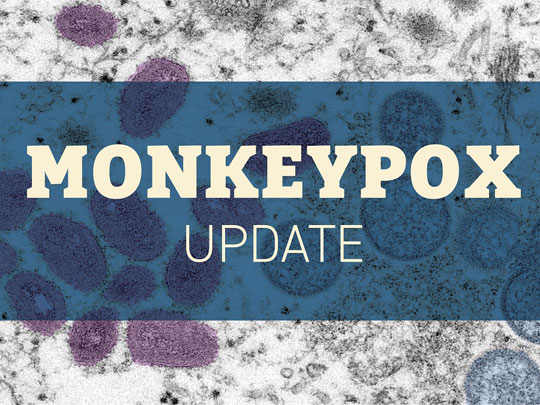Monkeypox Vaccine Performance Data & Vaccine Expansion Eligibility

Dear Partners,
[September 28, 2022], CDC is announcing expanded eligibility for monkeypox vaccination so that more people may receive the vaccine before they are exposed to the disease. Vaccination remains an important tool in preventing the spread of monkeypox, and this public health measure is known as pre-exposure prophylaxis, or PrEP.
Preliminary data from 32 states show that those who were eligible and did not receive the monkeypox vaccine were about 14 times more likely to become infected than those who did receive the monkeypox vaccine. For those vaccinated, protection was seen as early as two weeks after their first vaccine dose.
These data provide us with a level of cautious optimism in an area where there has been uncertainty about the level of protection the monkeypox vaccine offers.
CDC’s Interim Clinical Considerations were also updated to provide additional information on intradermal administration of the monkeypox vaccine. In addition to the forearm, these revisions provide clinicians with additional discreet locations on the body to administer the vaccine, including the skin over the shoulder blade, or at the shoulder muscle, called the deltoid. The revisions also include directions on how to identify and manage a failed intradermal attempt.
As always, it is important for jurisdictions to tailor their vaccine strategies to meet local needs—even with these updates. Jurisdictions should decide on which populations to focus their efforts based on potential for exposure to monkeypox, local epidemiology, population needs, and feasibility based on available vaccine supply. In addition, CDC and other government agencies are supporting efforts to distribute the vaccine equitably. Our goal is to ensure those who need it, receive the vaccine before exposure.
CDC will continue to update information on monkeypox PrEP as the outbreak evolves and new data becomes available. To learn more about monkeypox in the U.S., visit CDC’s monkeypox website.
Thank you for your continued partnership.
National Center for HIV, Viral Hepatitis, STD, and TB Prevention
Centers for Disease Control and Prevention